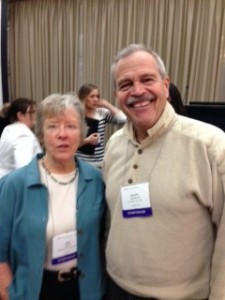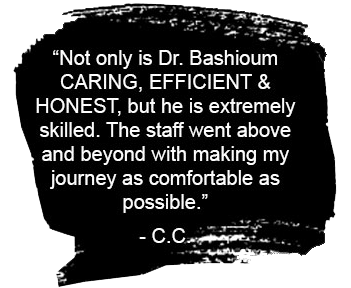Swelling After Cosmetic Surgery
February 4th, 2014
Swelling is a normal part of any surgery. For some patients, the most distressing aspect of swelling is the temporary weight gain due to the extra fluid. This temporary fluid is normal and will pass with time, usually 2-3 days. However, minor swelling may remain and disguise the ultimate result for upwards of 6 months for some types of cosmetic surgery.
Why does swelling happen? The process of tissue swelling begins to occur immediately when surgery is started. Initially it begins next to the edge of the incised skin. The tissues adjacent to the incision also begin to swell. These are the first steps in the stages of normal healing. Swelling continues as tissues are dissected to allow implant placement (breast enlargement), to allow fat removal (liposuction), or to allow skin and muscle tightening (facelift). As I complete surgery, allowances must be made for swelling as the final sculpting is completed. The process of swelling continues as patients recover. Maximum swelling is usually between 48 and 72 hours after surgery. This swelling will extend beyond the surgery site to involve adjacent areas. In the case of breast enlargement, swelling will extend onto the chest, back and abdomen. Patients may also notice swelling in distant areas, such as hands and feet, areas well removed from the surgical site
When will this go away? Swelling will begin to pass out of your body 2 to 3 days after surgery. See tips to reduce swelling. It is naturally excreted in your urine. Initial resolution is rapid, with the vast majority of swelling gone in four to six weeks. Complete resolution of any remaining swelling may take as long as six to twelve months. Waiting this long to see a final result is frustrating to many patients, this is simply part of scar maturation and the physiology of internal healing. So once again, patience is a virtue!
More to Wine than Making it
February 2nd, 2014
There is more to know than making wine or drinking it, for that matter. On Friday, January 31, 2014 the American Society for Enology and Viticulture, the preeminent grape and wine professional society in the United States, hosted a symposium honoring Dr. Ann C. Noble, Emerita Professor and Sensory Scientist/Flavor Chemist from the Department of Viticulture and Enology, University of California, Davis.
Dr. Nobel invented the “Aroma Wheel” which is credited for a greater understanding of wine tasting and education. Peter Kitchak, of Kitchak Cellars, and I had the honor to be among some of her last students in the Wine Program at Davis before she retired.
Photo: Dr. Nobel graciously agreed to be photographed with me following her lecture on Friday.


